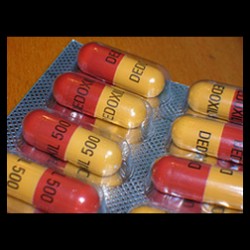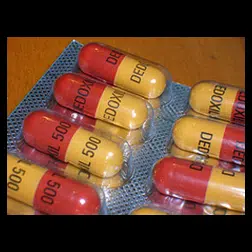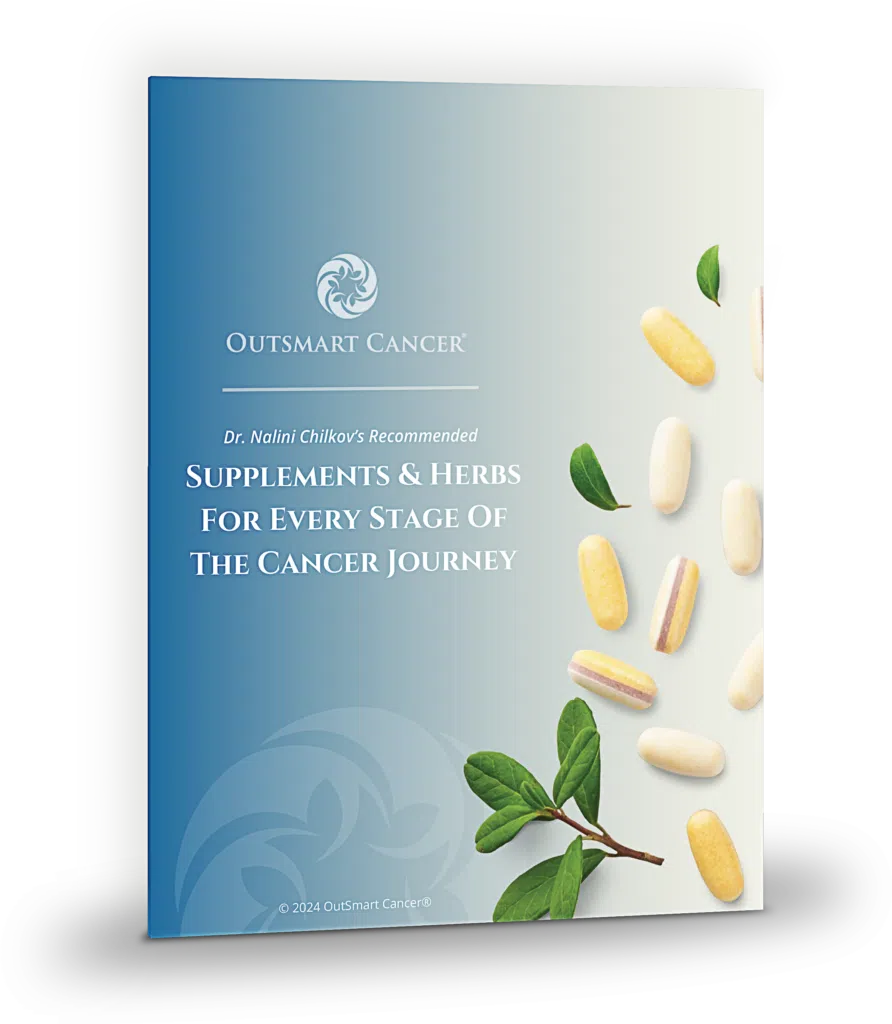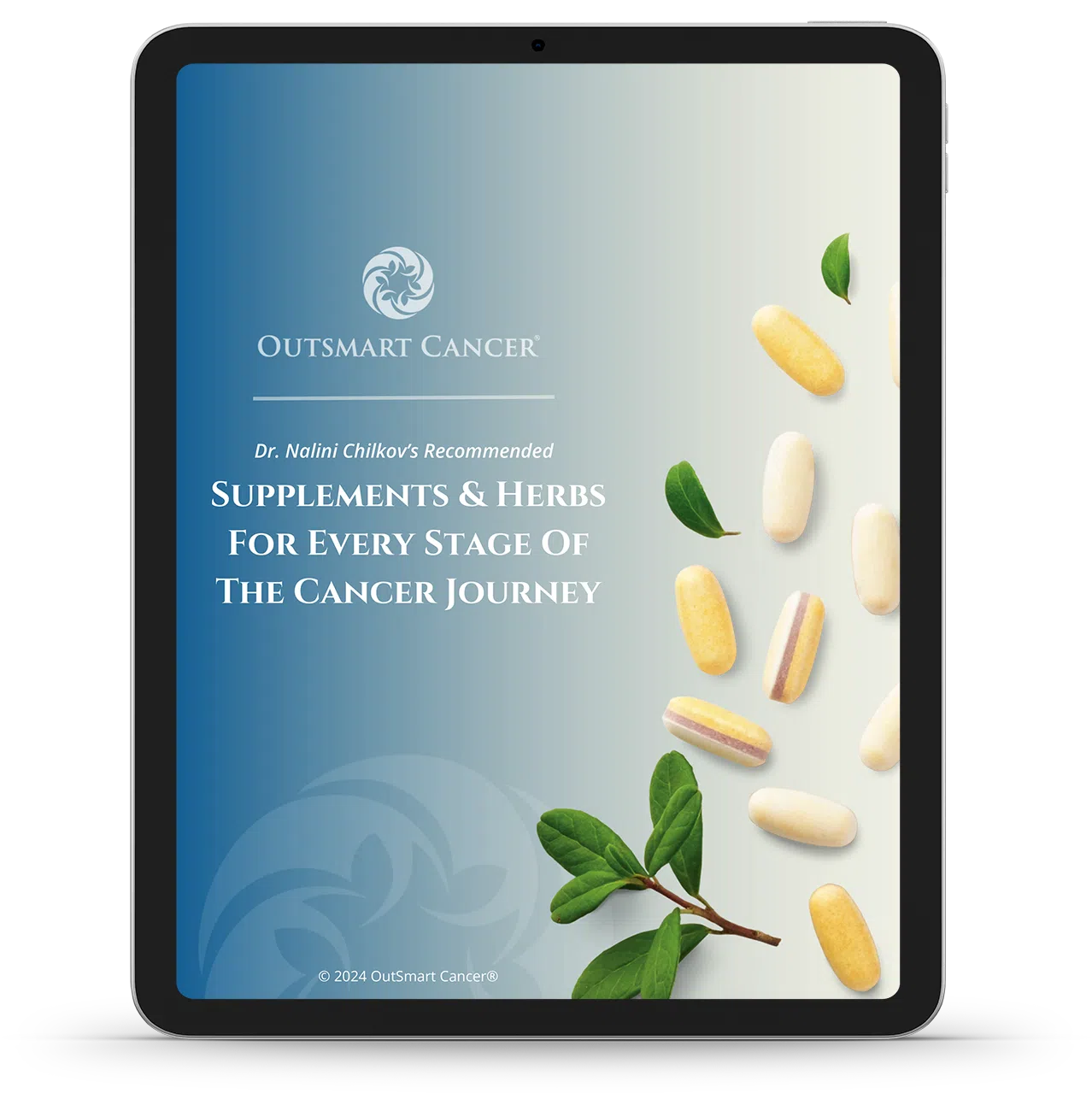
Study Shows Link Between Antibiotic < Use
and Increased Risk of Breast Cancer
This study was published in the prestigious Journal of the American Medical Association.
According to the National Cancer Institute:
The study concluded that the more antibiotics women use over the course of their lifetime, the higher their risk of breast cancer.
The results of the study do not mean that antibiotics CAUSE cancer. However, it does mean that there is an association between the two.
The authors of this JAMA study found that women who took antibiotics for more than 500 days – or had more than 25 prescriptions – over an average period of 17 years had more than twice the risk of breast cancer as women who had not taken any antibiotics. The risk was smaller for women who took antibiotics for fewer days. However, even women who had between one and 25 prescriptions over an average period of 17 years had an increased risk; they were about 1.5 times more likely to be diagnosed with breast cancer than women who didn’t take any antibiotics.
The authors found an increased risk in all classes of antibiotics that they studied.
These study results do not mean that women should stop using antibiotics to treat bacterial infections. Until we understand more about the association between antibiotics and cancer, people should take into account the substantial benefits that antibiotics can have, but should continue to use these medicines wisely.
Healthy bacteria that normally live in our intestines are actually part of robust immune function. Antibiotics disrupt the natural ecology of the intestines and destroy the normal healthy bacterial flora there. This is the reason that probiotics such as acidophilus species found in yogurt and fermented foods are commonly recommended after a course of antibiotics in order to replenish the healthy bacteria and restore normal ecology and normal immune function in the gut.
While there is certainly the appropriate use of antibiotics to treat infections, the overuse and inappropriate use of antibiotics is a serious problem. Frequently physicians will prescribe multiple courses of antibiotics or long-term use of antibiotics when patients do not respond to the first course of these drugs. Many physicians fail to address the deeper issue of weakened immunity. There are few tools for boosting immunity in conventional allopathic medicine.
Use Acupuncture and Chinese Herbs to Boost Immunity
Research has shown that Acupuncture and moxabustion on acupoint Zu San Li (ST 36) can increase natural killer cells and quickly boost immune response. Multiple studies also show that two Chinese Herbal Medicines Ganoderma Mushroom and Astragalus Root increase resistance to infection and decrease risk of cancer.
By improving immune robustness, the risk of infections and the need for antibiotics can be reduced.
Other very basic factors that improve immune strength are a healthy and nutrient dense diet, adequate sleep, good stress and mood management, a healthy social network, a good support system and regular exercise. All of these factors can have an impact on immunity. Conversely, the absence or imbalance of these crucial life factors can impair immunity and put us at risk for infections and cancer.
“Breast cancer is the second leading cause of cancer deaths among women in the United States. In addition, breast cancer is the most common cancer in women worldwide.” National Cancer Institute
Frequent and inappropriate use of antibiotics is clearly linked to increased risk of breast cancer. Therefore, patients and doctors should be conservative and discriminating in the use of these drugs.
More emphasis should be placed upon prevention. Steps should be taken to improve immunity to reduce the need for these drugs Emphasis upon healthy lifestyle choices and the use of acupuncture and herbal medicine can dramatically boost immunity and lower risk of both infections and breast cancer.
You might also like:




